Communication. It seems so simple…you open your mouth, move your lips and tongue and words come out. Someone hears those words and understands what you mean. Easy, right?
Wrong.
Communication goes so much deeper. You see the purpose of communication is not about the words we use or how we say it. This assumption causes us to communicate on a very conscious level. It can also lead to an array of miscommunications, misunderstandings and negative belief systems.
Instead, the purpose of communication is actually in how the person you’re talking to, and their unconscious mind, receives the words and meaning behind them.
You see, every time we say something to someone; their unconscious mind creates a picture. From this picture, the person will derive the meaning of the communication.
As parents, by communicating on a purely conscious level, you may be creating negative patterns of thought and beliefs in your children.
Today I want to look at the three most common mistakes parents make when they communicate with their children.
1. You say the word “not”.
Our unconscious mind is unable to process this word and any derivatives of this word (don’t, can’t, etc).
Let’s test it out – DON’T think of a purple frog.
What image did you just get in your head?
The unconscious mind needs to first get a picture of what we’ve said before the conscious mind comes in and attempts to override it. The problem is, our conscious mind doesn’t drive behaviour – our unconscious mind does!
Once we have that image in our unconscious mind, our brain follows through to ensure we achieve a reality that matches that image, unless we’re provided with a new image instead.
Often I hear parents saying things like:
“Don’t run out onto the road”
“Don’t spill on the carpet”
“Don’t forget to do your chores”
“Don’t date that person”
What does the unconscious mind hear?
“Run out on the road”
“Spill on the carpet”
“Forget to do your chores”
“Date that person”
Dropping the word “not” from your vocabulary can take time, patience and a whole lot of self-awareness. In the meantime, should you catch yourself saying these phrases, follow it up with what you want the child to do instead – give their unconscious mind a new image! For example: “Don’t run out onto the road, play on the grass”.
2. You tell them what they’ve done wrong or what they can improve on first.
As part of keeping us safe, independent Australian researcher and coach Pip McKay postulates that between the conscious and unconscious mind there is a gatekeeper. This gatekeeper closes when we feel threatened or uneasy around someone or in a particular environment. When the gatekeeper closes, the unconscious mind is unable to take on any information or suggestions from the environment. When we feel safe, on the other hand, the gatekeeper opens and allows information to flow freely in.
If we lead with the negative first (ie. “you didn’t do your chores today!”) the gatekeeper thinks it’s under attack and closes. The unconscious mind now blocks out anything you else you say.
Instead, start with a positive. Tell them something they’ve done well, and then lead into what they need to do better or can improve on. This way the gatekeeper thinks they are safe and opens up, and the unconscious mind will take on your suggestion of change.
Pro-tip: if the only time you ever provide your child with positive feedback is when you’re about to hit them with something they’ve done wrong, the gatekeeper will pick up on your strategy quickly and stay closed. So make sure you’re giving your child some love more regularly than you are improvement suggestions.
3. You’re unaware of the suggestions you’re embedding in the brain.
Parents communicate with their child’s best intention in mind. However, unconsciously the child may be picking up on a completely different intention and belief.
Here’s some of the most common examples I encounter with my clients, and how the unconscious mind perceives the communication.
I. Child is being loud in public. “Shhh, be quiet, what will other people think?!”
Translation:
“What other people think is more important than you expressing your opinion or your true personality.”
“It’s more important that you fit in and are liked by others than being true to yourself.”
“It’s not safe to be yourself”
What you should say instead: “Darling, I love your energy and enthusiasm for life! Right now let’s respect other people’s right to a quiet coffee shop by using our inside voices. Later we can play we explore that energy!”
II. “I think you need to go on this diet” (or a similar comment related to the child’s weight/physical appearance)
Translation:
“You’re fat/overweight.”
“I won’t love you if you’re fat/overweight”
“Being thin is more important than being happy/celebrating/enjoying the moment”
What you should say instead: “I want you to love your body and nourish it with wholesome, nutritious foods.”
III. Child wants to be a rockstar. “I think you should be a plumber instead”
Translation:
“You’re not good enough/capable of becoming a rockstar”
“Having a “safe” career is more important than following your passion”
What you should say instead: “I want you to be happy and follow your dreams. If that means becoming a rockstar, and you’re prepared to put in the work, I will support you”
Every time I work parents on how to communicate to the unconscious mind they have the same result – a better connection with and understanding of who their child is.
By communicating with our children on an unconscious level, we are less likely to create negative thought patterns and unresolved negative emotions. There is less unconscious resentment and animosity from the child’s end, which leads to an improved relationship all around.

